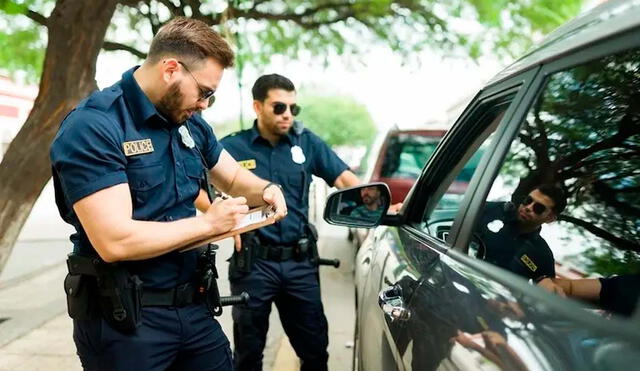Stopped by police in California? Make sure you have this document, according to DMV
Got pulled over in California? The DMV requires drivers to carry this essential document—find out what it is and which other papers you should have to avoid fines and penalties.

Getting stopped by the police while driving in California can be a stressful experience, but knowing the right documents to present can help you avoid fines and legal trouble. According to the California Department of Motor Vehicles (DMV), there is one essential document that all drivers must have on hand during a traffic stop. Failing to provide it could lead to significant penalties, including fines or even vehicle impoundment in some cases.
While most drivers are aware that they need to carry their driver’s license, many may not realize that the DMV also recommends keeping additional documents readily available to ensure a smooth interaction with law enforcement. From vehicle registration to proof of insurance, having the proper paperwork can protect you from unnecessary fines and make the traffic stop as quick and hassle-free as possible.
What's the essential document required you must have during a traffic stop?
If a police officer stops you while driving in California, the one document you must present is a valid driver’s license. This requirement is outlined in the California Vehicle Code, Section 12951(a), which states that every driver must carry a license issued by the DMV and provide it to law enforcement upon request.
Failing to present a valid driver’s license can result in a fine of up to $250, and in more serious cases, police officers have the authority to tow the vehicle. If the license has expired, the offense is considered more severe and may lead to the suspension of driving privileges.
What happens if your driver's license expired?
Driving without a valid license in California is a serious offense that can lead to strict penalties. According to the California Vehicle Code, operating a vehicle without carrying a valid driver’s license could result in fines of up to $1,000, depending on the driver’s history. Repeated violations may require a court appearance and could lead to the suspension of driving privileges.
If a driver’s license is expired, additional fines may be imposed, and the individual must renew the license before being legally allowed to drive again. In cases where police officers determine that the driver poses a road safety risk, they have the authority to impound the vehicle.
Other recommended documents to avoid penalties in California
Although a driver’s license is the only mandatory document required during a traffic stop, the California DMV advises drivers to carry additional documents to help prevent legal complications and ensure a smoother process:
- Vehicle Registration – Confirms that the car is legally registered to the driver or owner.
- Proof of Insurance – California law mandates that all vehicles have valid liability insurance. Failing to provide proof could result in fines of up to $500.
- Additional Identification – Though not legally required, carrying an extra photo ID can help verify the driver’s identity if necessary.












